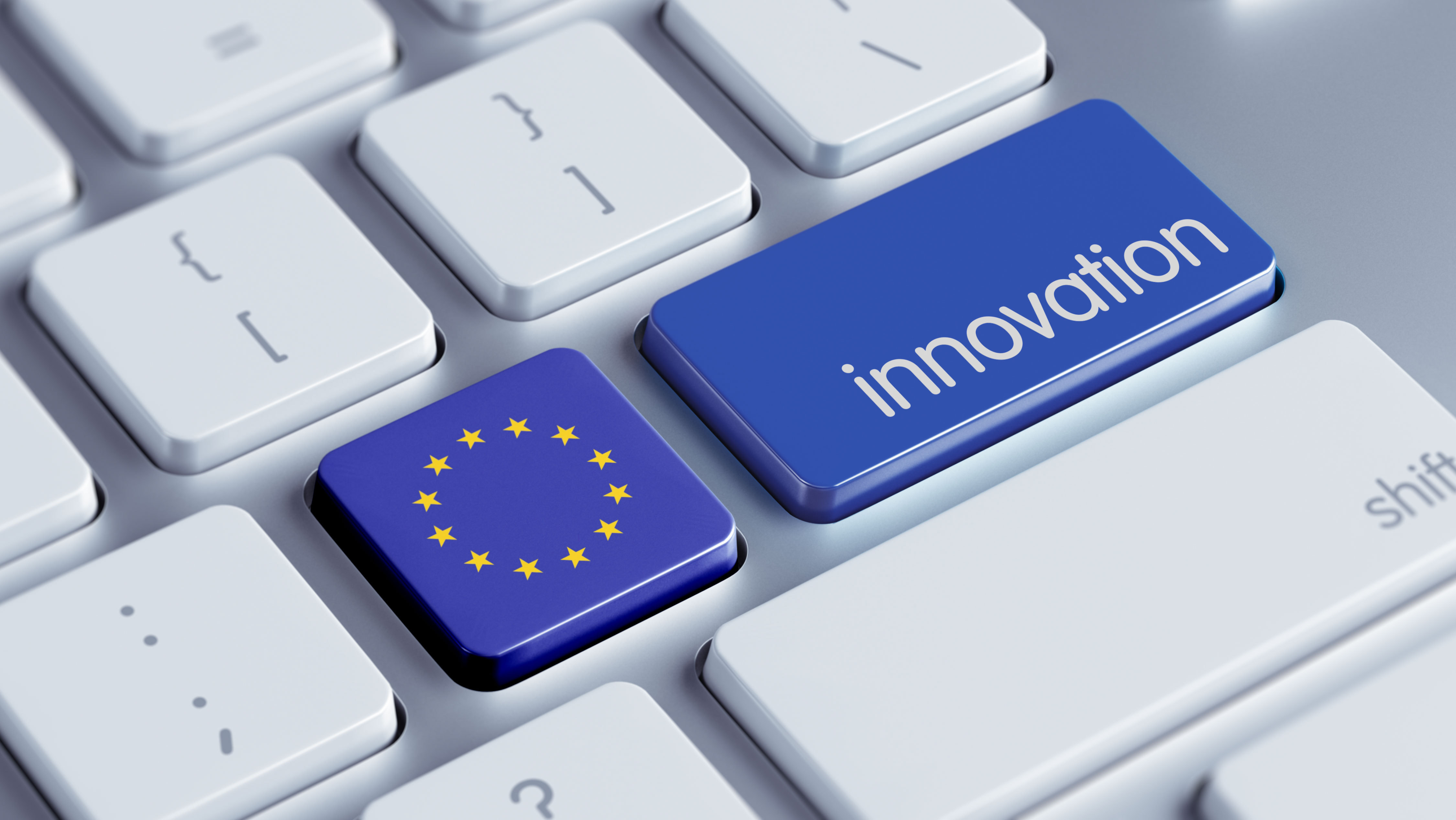The EU and Innovation: When Business Meets Politics

Innovation, entrepreneurship, growth and competitiveness go hand in hand. This short paper looks at two areas where the EU plays a role to help drive innovation: regulation and financing.

Innovation can only occur if the adequate balance is achieved between the right incentives in place and entrepreneurs willing and able to create and/or seize the momentum. Incentives often take the form of financial assistance and a regulatory environment conducive to innovation. To be successful, it is, however, essential that innovation and entrepreneurship are embedded in the society.
The European Union can play a significant role to foster innovation through the internal market. Its objective is to build a “highly competitive social market economy, aiming at full employment and social progress, and a high level of protection and improvement of the quality of the environment” (article 3.3 of the Treaty of the EU). Innovation is key to achieving this goal and to leading to greater productivity and competitiveness.
This imperative is ever more pressing as the EU faces two momentous challenges. First, the economic crisis has been impairing the already tarnished EU image. As long as unemployment remains high and growth sluggish in many Member States, citizens are unlikely to have a more positive view of the EU. Successful innovation with its positive consequences may not entirely reverse the trend of unpopularity towards the EU, but it would surely help. Second, European countries face greater global competition from usual places, such as the United States, but increasingly from Asia as well. This is a long-term trend, which is critical to factor in.
These two challenges question the role of the European Union. Since 2008, it has launched many policies to address deficiencies within the Eurozone, to decrease youth unemployment, or to provide funding to investment projects, with the creation of the European Fund for Strategic Investments (EFSI). Other policies are expected to bolster growth, and intrinsically innovation, such as the launching of a Capital Markets Union.
Innovation is therefore a primary political objective for the Union. It can both help restore a more positive view in the eyes of the citizens and eliminate the risks of seeing the EU turning into a no-innovation’s land.

Available in:
Share
Download the full analysis
This page contains only a summary of our work. If you would like to have access to all the information from our research on the subject, you can download the full version in PDF format.
The EU and Innovation: When Business Meets Politics
Find out more
Discover all our analyses
Korea-EU Direct Investment Links: The Neglected Facet of a Tight Partnership
Despite their difference in size, Korea and the EU have developed over time a strong and deep relation through direct investment flows. Germany dominates the relationship, but there remains ample room for the other EU member-states to further develop their relations with Korea.
A Transatlantic Free Trade Agreement? Weimar Triangle Analyses: French, Polish and German viewpoints on European questions
On an initiative of the German Council of Foreign Relations (DGAP), the Study Committee for Franco-German Relations (Cerfa) of the French Institute of International Relations (IFRI) and the Polish Institute of International Affairs (PISM) are regularly publishing short contributions on a common subject, written by three experts of these institutes. The purpose of these “Weimar Triangle Analyses” is to give the French, Polish, and German views on central questions of European politics and European integration.
Decoupling the Oil and Gas Prices: Natural Gas Pricing in the Post-Financial Crisis Market
This paper looks into natural gas pricing in the post-financial crisis market and, in particular, examines the question whether the oil-linked gas pricing system has outlived its utility as global gas markets mature and converge more rapidly than expected and as large new resources of unconventional gas shift the gas terms-of-trade.
What Is a Think Tank?
When I was laying the foundations for the French Institute of International Relations (Ifri)1 in 1978 and 1979, only a select few in France were familiar with the English term “think tank” and had at least an approximate idea of what it covered.
This term has become fashionable but still has no consensual definition.




